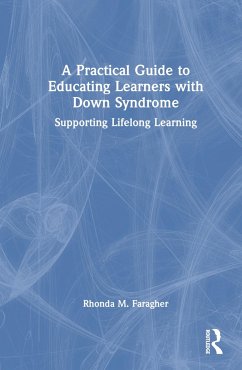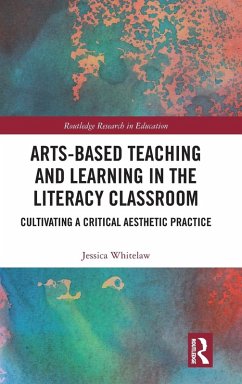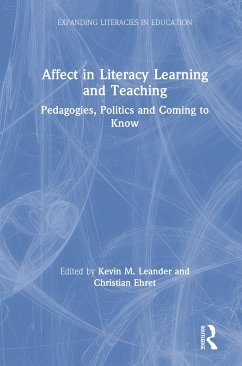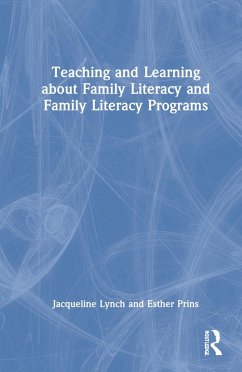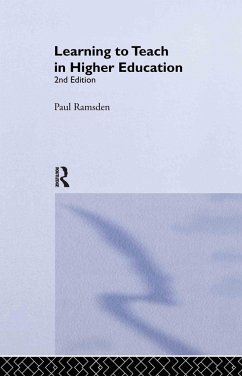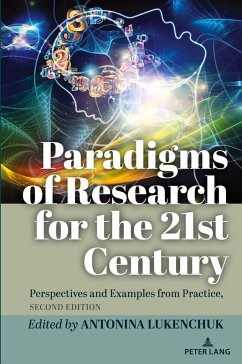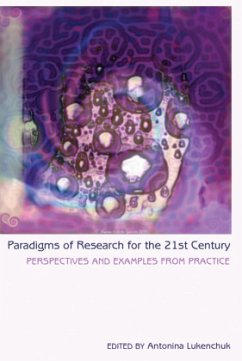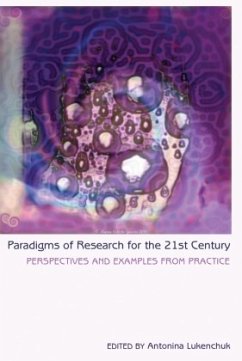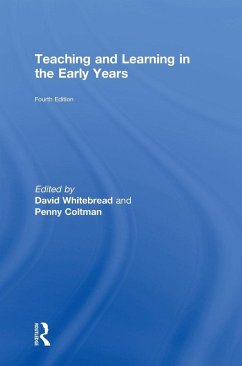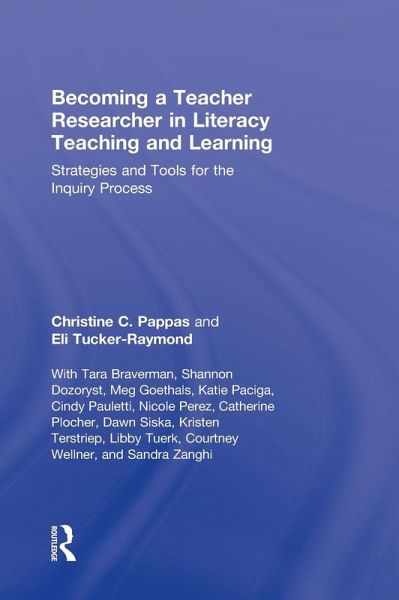
Becoming a Teacher Researcher in Literacy Teaching and Learning
Strategies and Tools for the Inquiry Process
Herausgeber: Pappas, Christine; Tucker-Raymond, Eli
Versandkostenfrei!
Versandfertig in 1-2 Wochen
185,99 €
inkl. MwSt.
Weitere Ausgaben:

PAYBACK Punkte
93 °P sammeln!
Designed to facilitate teachers' efforts to meet the actual challenges and dilemmas they face in their classrooms, Becoming a Teacher Researcher in Literacy Teaching and Learning: provides background information and key concepts in teacher research covers the "how-to" strategies of the teacher research process from the initial proposal to writing up the report as publishable or presentable work illustrates a range of literacy topics and grade levels features twelve reports by teacher researchers who have gone through the process, and their candid remarks about how activities helped (or not) he...
Designed to facilitate teachers' efforts to meet the actual challenges and dilemmas they face in their classrooms, Becoming a Teacher Researcher in Literacy Teaching and Learning: provides background information and key concepts in teacher research covers the "how-to" strategies of the teacher research process from the initial proposal to writing up the report as publishable or presentable work illustrates a range of literacy topics and grade levels features twelve reports by teacher researchers who have gone through the process, and their candid remarks about how activities helped (or not) helps teachers understand how knowledge is constructed socially in their classrooms so that they can create instructional communities that promote all students' learning. Addressing the importance of teacher research for better instruction, reform, and political action, this text emphasizes strategies teachers can use to support and strengthen their voices as they dialogue with others in the educational community, so that their ideas and perspectives may have an impact on educational practice both locally in their schools and districts and more broadly.




